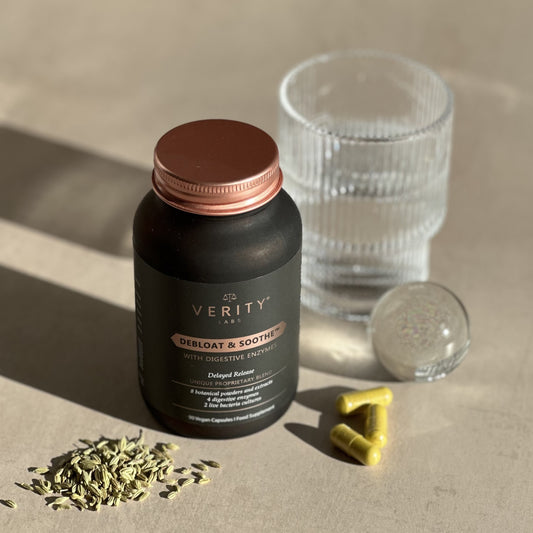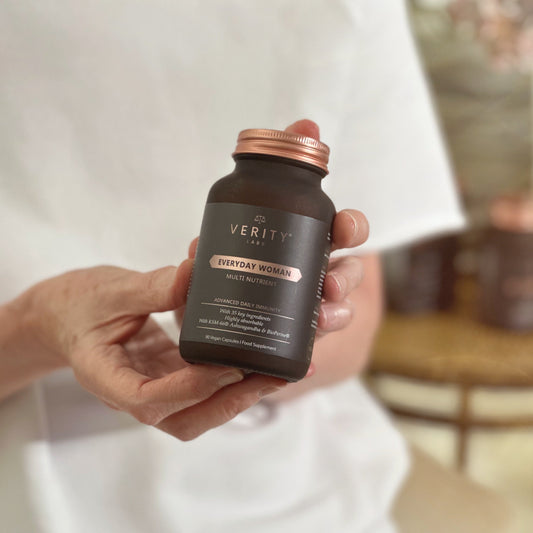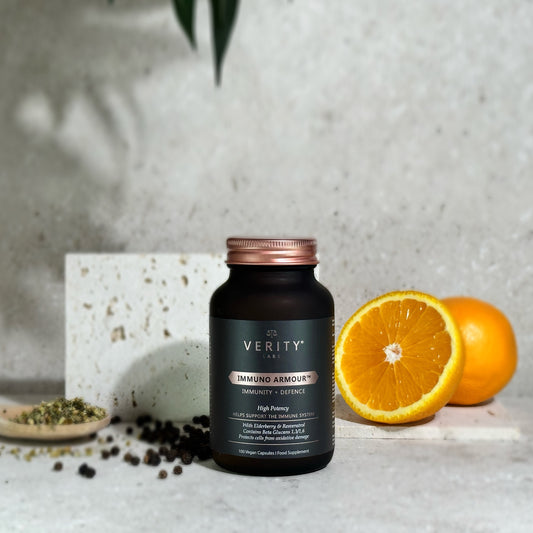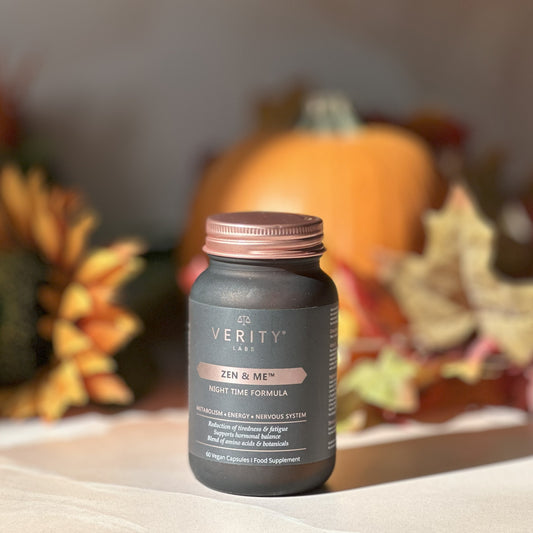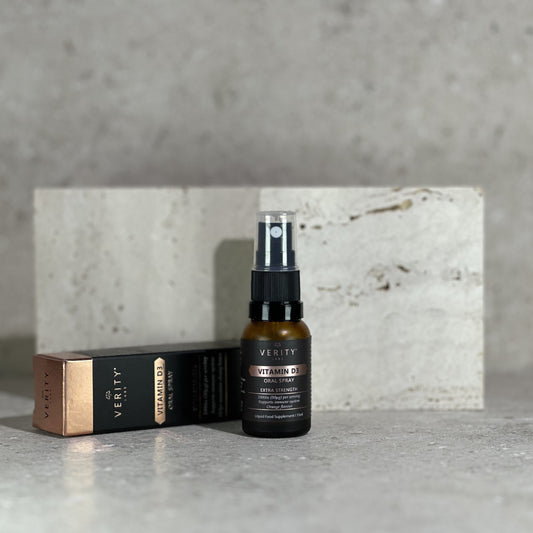When it comes to maintaining a healthy lifestyle, the importance of proper nutrition cannot be overstated. One nutrient that plays a vital role in our overall well-being is folate. However, there is a significant difference between natural folate and its synthetic counterpart, folic acid.
Folic acid, a synthetic form of vitamin B9, has been widely used in dietary supplements and fortified foods to combat folate deficiency. Folate, the natural form of vitamin B9 found in foods, is essential for various bodily functions, including DNA synthesis, red blood cell production, and nervous system health. However, when synthetic folic acid is not efficiently converted into the natural form of folate, it can accumulate in the body. This accumulation of unabsorbed folic acid can have detrimental effects, potentially increasing the risk of certain health conditions, including cancer. Understanding the implications of synthetic folic acid accumulation is crucial for optimizing folate intake and maintaining overall well-being.
Understanding Natural Folate
Natural folate, also known as L-methylfolate or 5-MTHF (5-methyltetrahydrofolate), is the biologically active form of folate found in food. It is readily absorbed by the body and can be used directly in metabolic processes without needing further conversion. This makes it highly bioavailable and efficient for fulfilling the body's folate requirements.
The Conversion Challenge
The conversion of folic acid to its active form, 5-methyltetrahydrofolate (5-MTHF), is a complex process that occurs primarily in the liver. This conversion requires the enzyme dihydrofolate reductase (DHFR) and other cofactors, such as vitamins B2, B6, and B12. However, the efficiency of this conversion can vary among individuals, leading to the accumulation of unconverted folic acid in the bloodstream. MTHFR (methylenetetrahydrofolate reductase) is an essential enzyme produced by the MTHFR gene, responsible for metabolizing folate and breaking down homocysteine, an amino acid. Interestingly, a significant portion, approximately 60%, of the U.S. population carries a genetic variant of the MTHFR enzyme. While often unnoticed by individuals, this variant can pose challenges for the conversion of folic acid into active MTHF, particularly for those with two copies of the variant.
Benefits of Natural Folate
- Enhanced Absorption and Utilisation: Unlike synthetic folic acid, which requires enzymatic conversion in the liver to be used effectively, natural folate is already in its active form. This results in improved absorption and utilization by the body, ensuring that you receive the full benefits of the nutrient.
- Improved Nutrient Metabolism: Natural folate plays a crucial role in various metabolic pathways, including the conversion of homocysteine to methionine and the synthesis of neurotransmitters like serotonin and dopamine. By using the natural form, you promote optimal nutrient metabolism, aiding in brain function, mood regulation, and overall well-being.
- Reduced Risk of Health Issues: Studies suggest that natural folate intake may be associated with a reduced risk of certain health conditions. Adequate folate levels have been linked to a lower risk of neural tube defects during pregnancy, cardiovascular diseases, certain types of cancer, and age-related cognitive decline.
- Improved Methylation Processes: Methylation is a fundamental biochemical process involved in DNA synthesis, gene expression, detoxification, and cellular repair. Natural folate, being a methyl donor, supports these critical methylation processes, which are essential for overall cellular health and optimal functioning of various body systems.
Drawbacks of Synthetic Folic Acid
- Limited Bioavailability: Unlike natural folate, synthetic folic acid requires enzymatic conversion into its active form, 5-MTHF, in the body. However, this conversion process is not as efficient for everyone. Certain individuals, particularly those with genetic variations, may struggle with this conversion, leading to reduced bioavailability and potential folate deficiency.
- Masking Vitamin B12 Deficiency: Excess folic acid from supplements or fortified foods can mask the symptoms of vitamin B12 deficiency, a condition prevalent among older adults. The presence of unmetabolized folic acid can complicate the diagnosis and treatment of B12 deficiency, which, if left untreated, can lead to irreversible neurological damage and other complications.
- Potential Health Risks: High doses of synthetic folic acid, typically obtained from supplements, may have unintended consequences. Some studies have suggested a potential link between excessive folic acid intake and increased risks of certain cancers, such as colorectal and prostate cancer. However, more research is needed to establish a definitive causal relationship.
Excess Folic Acid and Health Risks
When folic acid accumulates in the body without being converted into 5-MTHF, it can disrupt normal folate metabolism and potentially contribute to adverse health effects. Several studies have suggested that excessive unabsorbed folic acid may be associated with increased health risks, including the development of certain types of cancer.
Balancing Folate Intake
Balancing folate intake is crucial to mitigate the risks associated with unabsorbed folic acid. Here are a few recommendations:
- Emphasise natural food sources: Prioritise whole, unprocessed foods rich in natural folate, such as leafy greens, legumes, citrus fruits, and fortified cereals. These sources provide a spectrum of nutrients and co-factors necessary for proper folate metabolism.
- Consider bioactive form of folate instead of folic acid: If considering folic acid supplementation, consult with a healthcare professional to determine the appropriate dosage based on individual needs and health status. In some cases, it may be more beneficial to opt for a supplement containing the bioactive form of folate, 5-MTHF.
- Assess personal conversion efficiency: Individuals with certain genetic variations or underlying health conditions may have reduced ability to convert folic acid into the active form. Genetic testing or consultation with a healthcare provider can help identify potential conversion challenges.
For those who would like to support their immunity on a daily basis, our award-winning multi vitamin product, Everyday Woman, contains the bioavailable form of folic acid, 5-MTHF, as well as other bioavailable nutrients.
Natural folate, in its biologically active form, offers numerous advantages over synthetic folic acid. Its superior bioavailability, improved nutrient metabolism, reduced health risks, and support for critical cellular processes make it a preferable choice. While synthetic folic acid can still be beneficial for certain populations, such as women planning to conceive, it's essential to prioritise natural folate sources for optimal health and well-being.
References:




